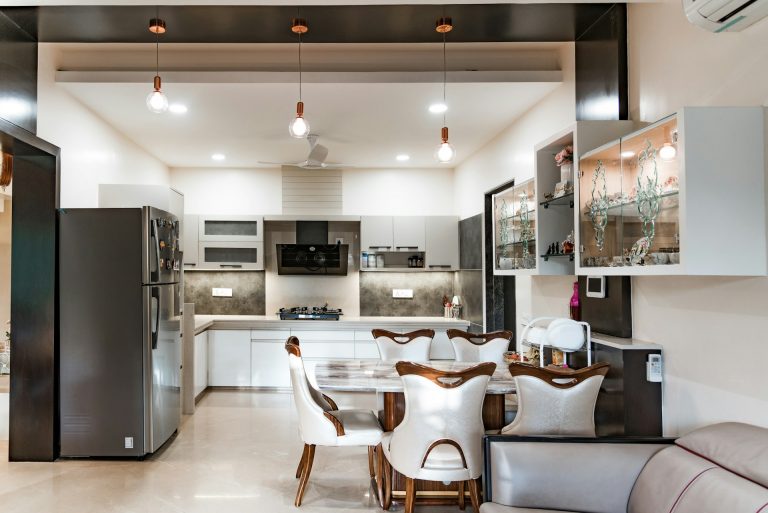When setting up your home WiFi there are a number of options to choose from, and the router, ISP, and devices should all seamlessly complement each other. The right combination of products and services could mean the difference between fast download speeds and an unreliable internet connection.
If you are ready to make the most of your WiFi, carefully consider the needs of your home:
The Number of People
How many people will have access to WiFi at the same time? For those with a large family or a small business, your WiFi needs to be able to support multiple devices and applications all at once. Start by researching ISPs to find a solution with high speeds.
Be careful because advertised speeds may not always be actual speeds. Asking your friends and neighbors for a recommendation may be a more accurate way to determine speed and reliability in your neighborhood.
The Types of Online Activities
If you only use your WiFi to access emails and Facebook, speed and download quota may not be a concern. While you should still always avoid dial-up unless there is no other option, you may prefer to look at the price. When it comes to high bandwidth activities such as gaming, streaming, and downloading, a little more caution should be taken.
Once you have found the right ISP package, consider your router. It needs to be able to match the top speed from your ISP, otherwise, you will never be able to get what you are paying for.
Sometimes your ISP will give you the option to rent the hardware. While the ongoing cost can be off-putting, the ease of installation, compatibility, and support may be worth it if you are not tech-savvy. Similarly to the router, your devices will also come with maximum speed allowances and even with fast internet, you could experience lag with the wrong pairing.
The Size of the Area
Your WiFi may not run efficiently if the size of the area it is in is too large, or if it has obstacles in the way. Your router needs a clear line of sight for maximum output and the wrong positioning could slow you down. When purchasing this type of product you should look at the router range, and look for the letters “AC” in the description. Experiment with the placement of your router and try a WiFi extender if the problem still persists.
If you have a split level home or an unusual floorplan, you may consider purchasing two or more routers.
The Security
The security of your WiFi network should be a high priority. If you’re wondering, “How do I secure my WiFi?” just know, there are a few ways to do this. The first is to ensure you have a strong password and WiFi encryption. You should check your network and make sure your encryption is WPA2. No encryption, or using WEP or WPA protocols are not ideal situations for keeping your household data safe.
Keep any hardware and software updated, including your router, internet security, systems, and applications.
WiFi For Any Purpose
To get the most from your WiFi it is important to consider what you need it for, the size of the space, and the number of people needing access. Choosing an ISP, router, and devices that complement each other with similar top speeds will help you get the most efficient WiFi possible.
Security should never be neglected, and encryption, updates, and passwords should be an important part of the mix.







